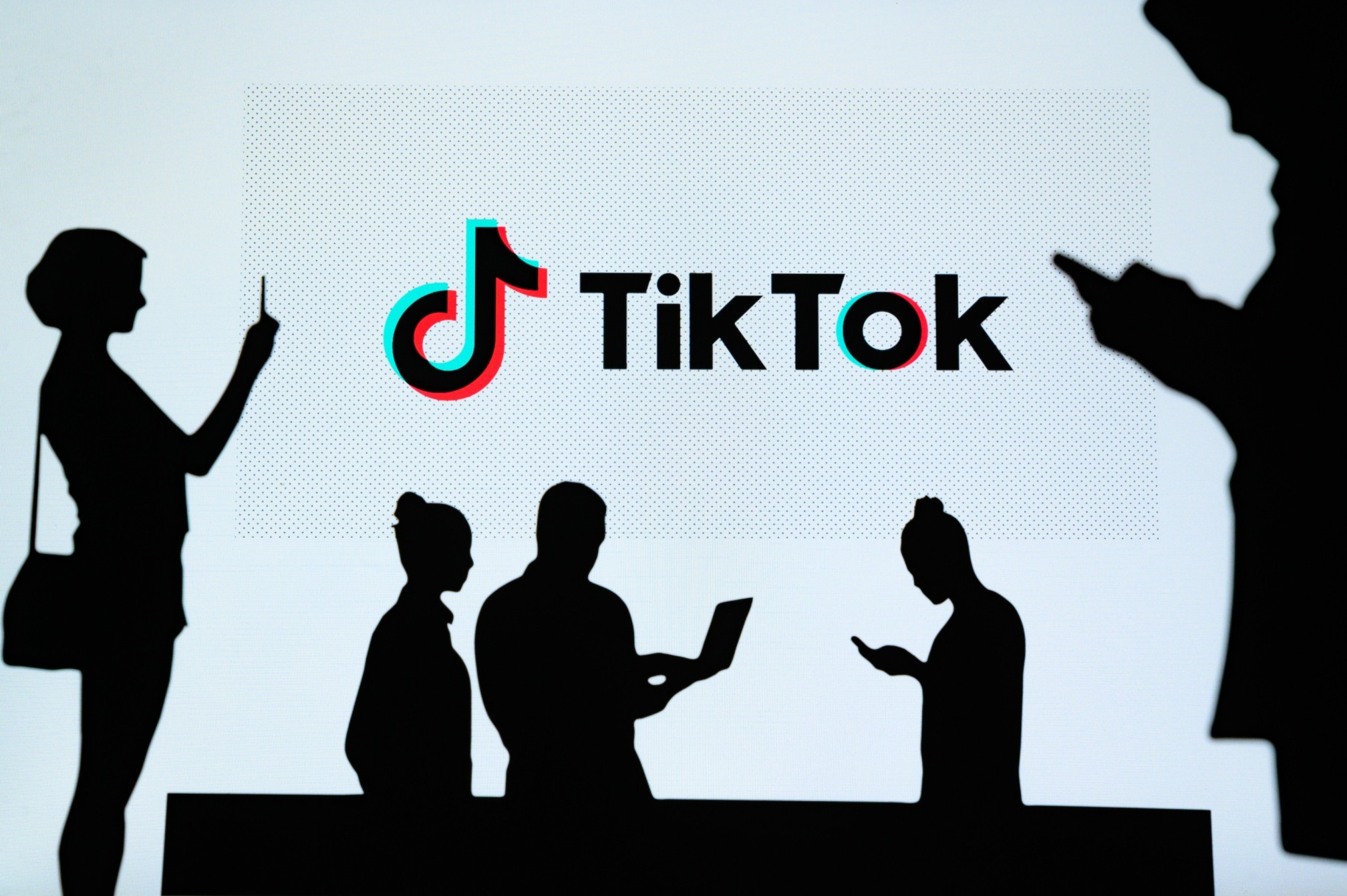Psychologists and doctors are warning that hugely popular social platforms such as TikTok are paving the way for a rise in eating disorders and distorted body image perceptions in teenagers across the United Arab Emirates and wider Middle East.
The warning follows a report on youth mental health published last month in which researchers said TikTok’s algorithms are promoting an endless stream of content related to food and weight loss, including “thinspiration” and “fitspiration” videos that glorify extreme thinness.
Researchers at the nonprofit Center for Countering Digital Hate created TikTok accounts for fictional teen personas in the US, United Kingdom, Canada and Australia. The researchers operating the accounts then “liked” videos about eating disorders to see how TikTok’s algorithm would respond. Within minutes, the platform was recommending videos about losing weight, including ones featuring pictures of models and idealized body types.
When the researchers created accounts with usernames that suggested a particular vulnerability to eating disorders — names that included the words “lose weight” for example — the accounts were fed even more harmful content.
Social media ‘just one factor’, but influential
Dr Mohamed Abdelbadie Ismail, a specialist psychiatrist at Burjeel Royal Hospital in Al Ain, concurs. He said as with any social media platform, there are both positive and negative effects that TikTok can have on its users.
“One of the main concerns is that TikTok can be a breeding ground for “thinspiration” content, which promotes unhealthy or unrealistic body ideals and can lead to feelings of inadequacy or body dysmorphia in users.
“These videos feature extremely thin individuals, often with hashtags and captions promoting weight loss and other potentially harmful messages. Additionally, many videos promote extreme dieting, weight loss supplements, and detox teas, which could be dangerous for some users.”
On the other hand, TikTok also has many positive aspects that can help promote self-acceptance and body positivity, said Dr Ismail.
“Many users and content creators have used the platform to share their personal struggles with body image and to promote self-love and acceptance. Many influencers and activists use the platform to spread awareness about body diversity and the importance of self-care and healthy habits rather than promoting restrictive diets or weight loss.”
“It is worth noting that TikTok has made an effort to control the negative impact it could have by implementing content moderation rules and working with experts to build resources that help people get accurate information on health and wellness.”
“As with any form of social media, it is essential for users to be aware of the potential negative effects and to use the platform responsibly. It is also important to be mindful of the content you consume and to seek out positive, healthy role models rather than focusing on negative or harmful content.”
Read Full Story: alarabiya


